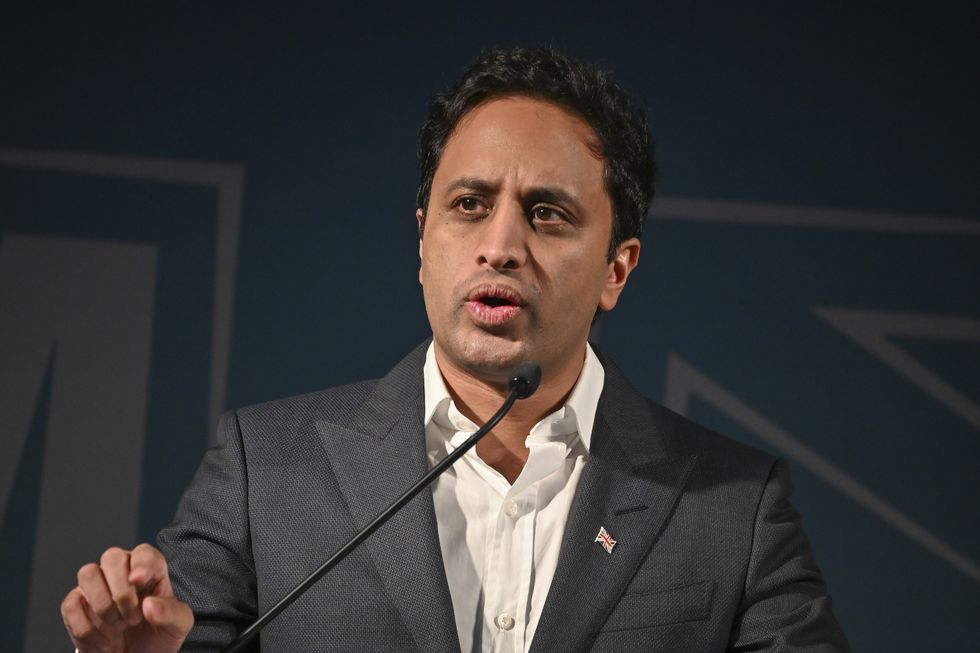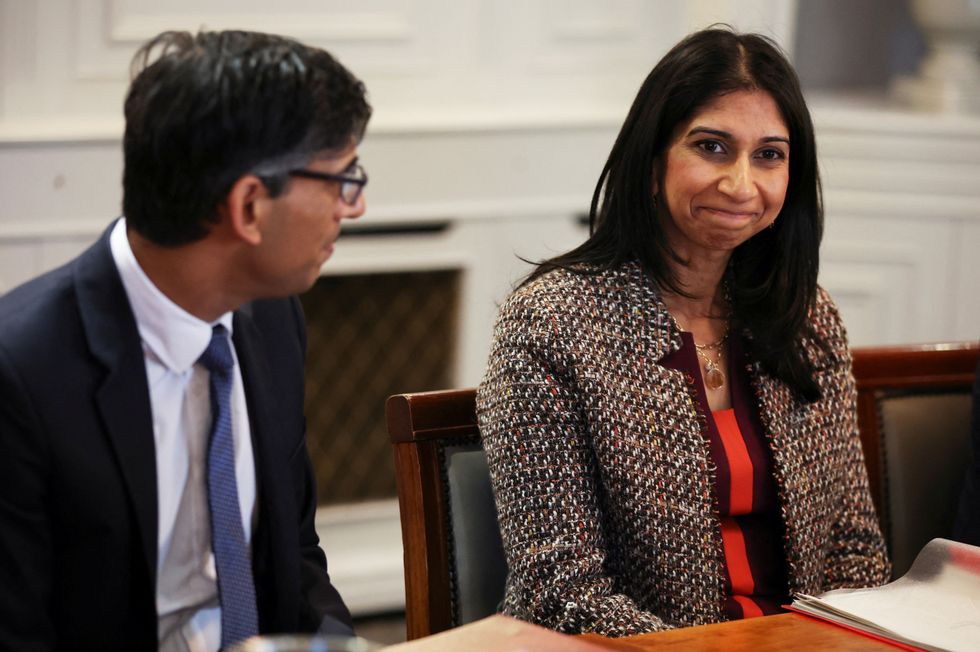Salman Rushdie has cautioned young individuals about the importance of preserving free speech and has weighed in on the potential repercussions of a second Donald Trump presidency.
Rushdie, who has lived under the shadow of a death threat due to his controversial writings, made a rare public appearance on Sunday since he faced a near-fatal stabbing in 2022 that left him partially blind.
Speaking from his residence in New York at an English PEN event at the Southbank Centre, the renowned author expressed his support for free expression, stating, “The defence of free expression begins at the point at which somebody says something you don’t like. It’s a very simple thing, but it’s being forgotten.”
“I have a very old-fashioned view about free speech. The defence of free expression begins at the point at which somebody says something you don’t like,” said Rushdie, appearing by video to mark the launch of his new memoir, Knife: Meditations After an Attempted Murder.
"In the US, you feel there’s a younger generation that’s kind of forgetting the value of that. Often, for reasons they would believe to be virtuous, they’re prepared to suppress kinds of speech with which they don’t sympathise. It’s a slippery slope. And look out, because the person slipping down that slope could be you,” he said.
Regarding the state of academia in America, Rushdie criticised the political divisions. "Academia in America is in serious trouble because of colossal political divisions. And everybody is so angry that it seems very difficult to find a common place,” he said.
Reflecting on the potential implications of another Trump presidency, Rushdie said, “The impact would be very big and negative. He’d be worse a second time around, because he’d be unleashed and vengeful. All he talks about is revenge.”
“In New York, people had got the point of Donald Trump long before he ever tried to run for office. Everybody knew that he was a buffoon and a liar. And unfortunately, America had to find out the hard way. I just hope they don’t fall for it again,” he said.
Recalling the attack on him in August 2022, Rushdie described the initial difficulty in returning to writing after the trauma. He detailed his struggles in penning the first chapter of his new memoir, which recounts the attack and his subsequent recovery, reported The Guardian.
Addressing the trial of his assailant, Hadi Matar, Rushdie expressed his willingness to testify and criticised Matar's not-guilty plea as "absurd." In his memoir, Rushdie refers to Matar as "the A," inspired by a desire to deny him further attention.
Recently, during an appearance on the CBS News program “60 Minutes,” Rushdie said that when he faced his attacker, his immediate reaction was, “So it’s you.” “I confess, I had sometimes imagined my assassin rising up in some public forum or other, and coming for me in just this way. So my first thought when I saw this murderous shape rushing towards me was, ‘So it’s you. Here you are,'” Rushdie recounted.
Rushdie, originally from Mumbai and famous for his novel “Midnight’s Children,” faced severe backlash from the Muslim community after publishing “The Satanic Verses” in 1988. The book’s dream sequences concerning early Islam and the Prophet Mohammed led Ayatollah Ruhollah Khomeini, Iran’s revolutionary leader, to issue a fatwa in 1989 urging Muslims to kill Rushdie, forcing him into hiding in Britain. He later became a naturalised American.




















 Zia Yusuf
Zia Yusuf
 Sunak with Boris Johnson
Sunak with Boris Johnson Sunak with Suella Braverman
Sunak with Suella Braverman